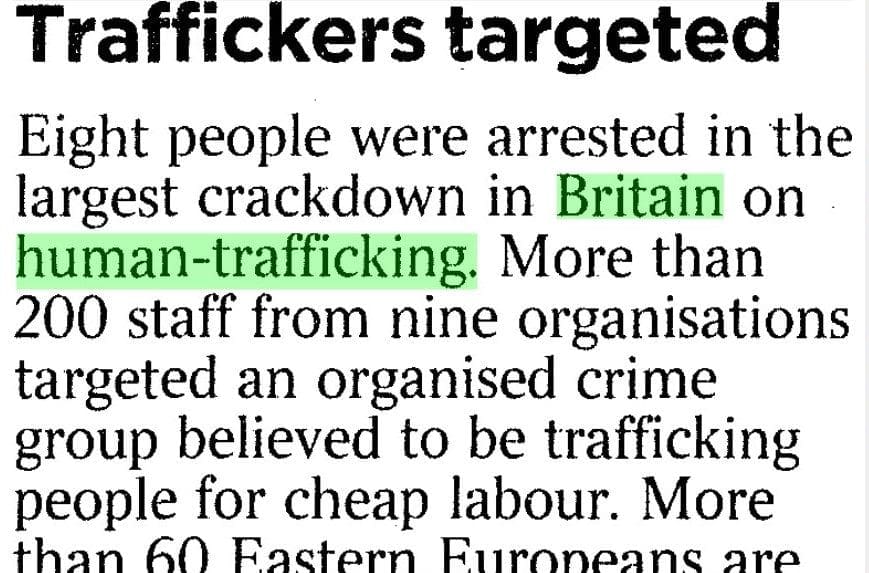│By Matthew Trenholm, Gale Ambassador at the University of Exeter│
Of all the Gale archives I’ve explored so far, my favourite is Maps and Travel Literature. Part of Nineteenth Century Collections Online, it has already been a great help to my undergraduate History dissertation on English ports. Maps have been an essential part of human development and Maps and Travel Literature allows you to examine maps from all over the world, produced for different reasons by different people and organisations. There is also a huge range of travel writing to sink your teeth into, giving insight into the human experience behind the maps and other geographical documents.


